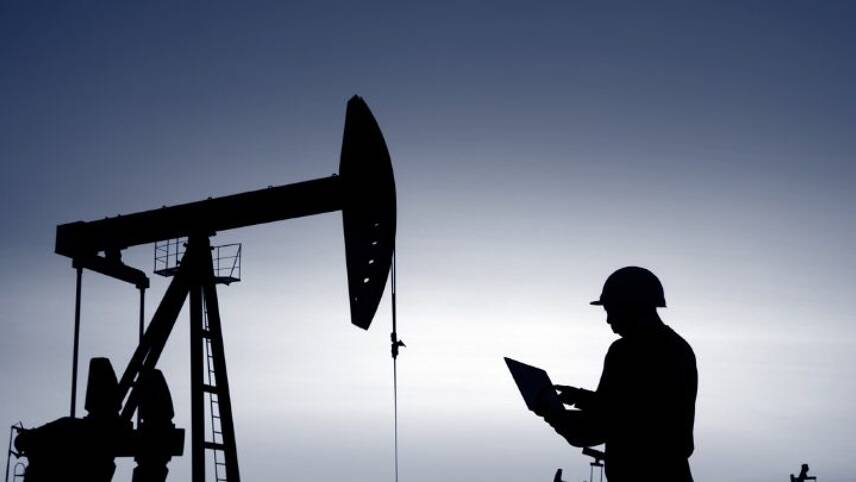Register for free and continue reading
Join our growing army of changemakers and get unlimited access to our premium content

Just transition measures were found to be weak in-house
The World Benchmarking Alliance’s (WBA) first just transition assessments, published today (1 November), cover 100 oil and gas firms, 50 electric utilities and 30 vehicle manufacturers globally. Of the full cohort of 180 corporates, only nine scored 50% or more in the WBA’s scoring.
The WBA used metrics relating to issues including upskilling and reskilling; stakeholder engagement with decarbonisation plans and plans to change business models, and investment in communities. Advocation for or against policies promoting a just transition more broadly was also considered.
Worryingly, less than one-quarter (23%) of the companies assessed have any public commitments to reskill or upskill workers in preparation for changes to their roles and remit as the shift to electric vehicles (EVs) and renewable electricity occurs, and as technologies including low-carbon hydrogen scale up. There was also a broad failure in preparing for job creation as low-carbon sectors grow, and in engaging with workers – less than 10% of the companies assessed consulted with staff and included their views in transition plans.
“The voices and needs of workers, communities and the most vulnerable are being excluded from decisions that will have a disproportionate impact on their livelihoods,” the report states.
Progress was found to be even weaker with action on matters beyond company operations – none of the companies was able to prove to the WBA that they – and the trade bodies to which they belong – are “comprehensively” using their influence to advocate for a just transition.
Across the 180 companies assessed, the WBA is warning, as many as 11 million jobs will be put at risk in the next 10 years without accelerated and holistic action to deliver a more just transition. It is urging other firms to follow in the footsteps of SSE and BP – the only two companies assessed which have already completed the fundamental steps of developing full just transition plans and making the key points publicly available. SSE’s full just transition strategy was published last November.
Overall, the Alliance states, most companies are “taking some action relevant to the just transition and reporting on basic HR-focused initiatives”, but most are “still lacking the insight” to connect this to their environmental and social risks, long-term business strategies and priorities for engaging policymakers.
Mandatory plans?
The news from the WBA comes days after HM Treasury published a package of new sustainability-related disclosure requirements for organisations across the UK’s financial space, entitled ‘Greening Finance: A Roadmap to Sustainable Investing’.
Included in the package is confirmation that a mandate for certain businesses, starting with large firms in high-emitting sectors, to produce net-zero transition plans, will be developed and introduced. An implementation date is to be confirmed, as are the specific topics companies will need to cover. The aim of this mandate is not only to get companies to deliver science-based emissions reductions and avoid over-reliance on offsetting, but to prompt them to properly consider the impacts of the net-zero transition on their business models and, therefore, their workforce.
Sarah George


Please login or Register to leave a comment.